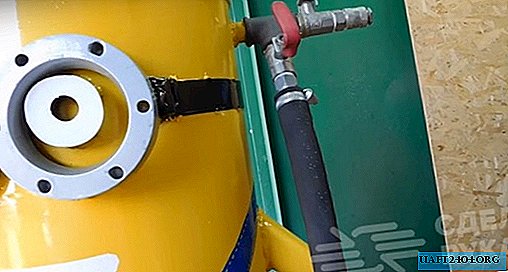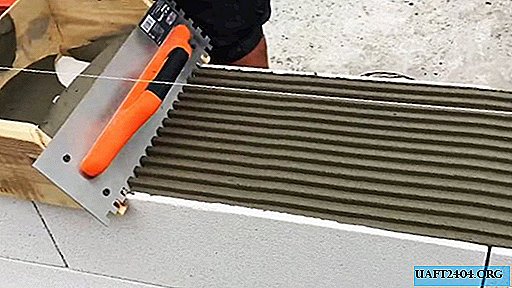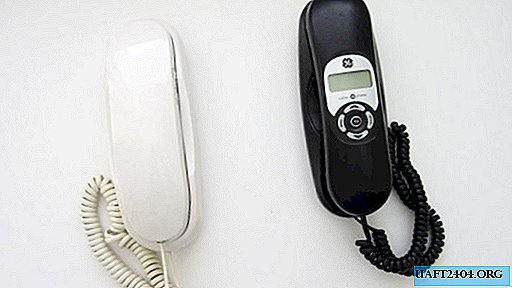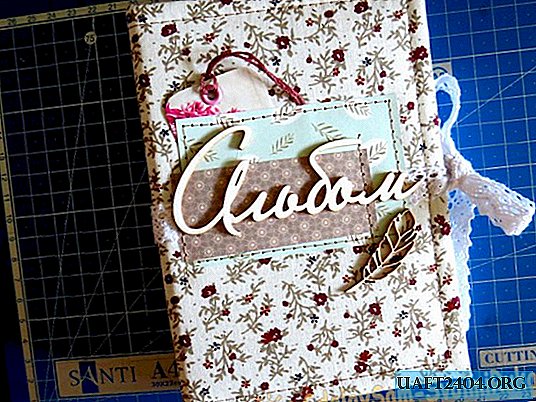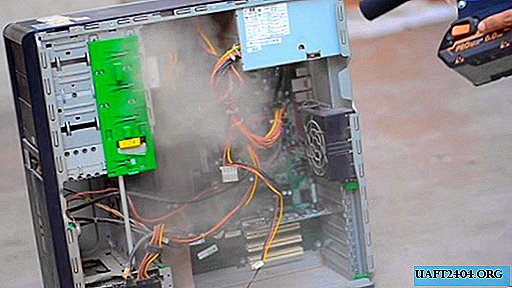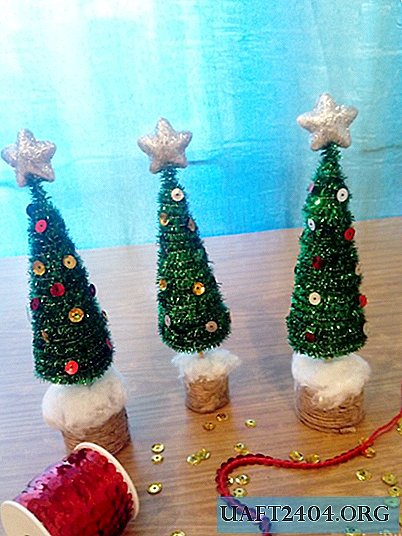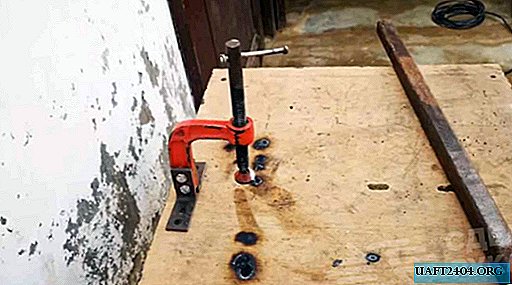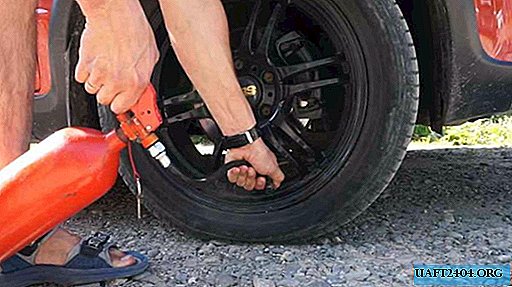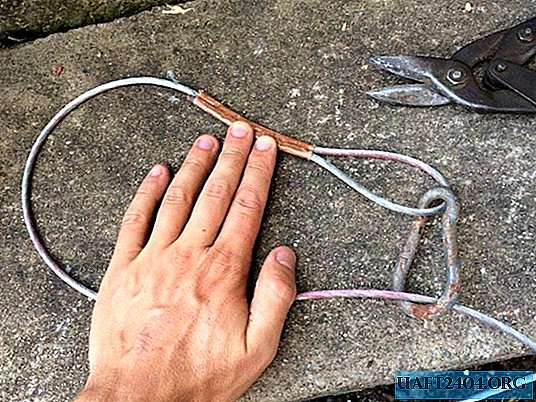Share
Pin
Tweet
Send
Share
Send
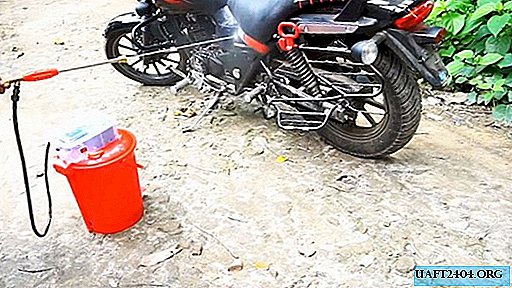
Will need
- To make a car wash, we need:
- Lithium batteries 18650 series at 3.7 V;
- High pressure water pump 12 V; 3.5 A; 110 PSI;
- Two position button-toggle switch;
- Several nylon screeds;
- A pair of hoses matching the diameter for the pump nozzles;
- Water tank (bin with lid);
- Garden sprayer.

The simplest tool will be needed: a soldering iron with solder and flux, pliers, a knife and a gun with hot glue.
We make a car wash
First of all, we prepare the battery for our device. Tinned contacts of lithium batteries with flux. We expose several copper wires from insulation, and connect them in series to the entire group of individual batteries into one.


3.7 V batteries (when fully charged 4.2 V). We form 3 groups sequentially, as a result we get about 12 V at the output.

We wrap the resulting battery with tape, leaving only two end contacts for connecting the consumption element.

We select the pump for the voltage and current ratings from the battery. Despite its small size and low voltage (12 Volts), it is able to pump up to 6 liters of water per minute. Able to create jet pressure up to 7 Bar.

This design is so compact that it fits in a small plastic food container. We place the compressor in it, and markup on the edges of its body.

We burn four holes with a soldering iron to fix it with nylon ties.


One of the contacts leading from the pump to the batteries, let through the toggle button. We burn out a hole for it on the container wall, and fasten it to hot glue.

It was the turn to connect the hoses to the compressor. But first, you need to make holes for them with a soldering iron in the container body. We select a suitable place and burn them. We put in the hoses and fix them by hand on the compressor taps.


Usually they hold well without additional clamps. The holes in the housing are sealed with hot glue.
A prefabricated battery, like any other, will need to be recharged. To do this, we insert a charging connector into the end wall of the container, and connect it to the outgoing battery contacts.


It's time to attach the car wash to a container of water. Choosing a regular bucket with a lid, you can easily do this. Having made several small holes in the corners and from the end of the container with a soldering iron, we fix it on the lid of the bucket with nylon ties.


We burn the hole for the intake hose in the lid of the bucket with the same soldering iron.

We pass it through the plastic, and lower it into the container. Cover the container with a lid. It remains only to connect the garden sprayer to the outlet hose of the compressor.

We fill the bucket with water, and try washing in business.

Apparently, she copes with the task perfectly!

The pressure is enough to bring down fresh dirt.


Practical tips
Such an invention at first glance is quite functional.
However, over time, those who decide to repeat it will encounter some difficulties. Having chosen just such a prefabricated battery connection, it is customary to install a Battery Management System (BMS) on it. This is a small electronic module that regulates the ratings of individual batteries, output voltage, amperage, cooling of cans, and continuously monitors their condition. Without it, such an assembly would not last long, since it ensured the uneven use of individual rechargeable elements, as well as their charge. Battery life, in the absence of such a module, may decrease significantly.
For the rest, this is quite worthy of creative work, which will provide an opportunity to keep your vehicle clean even in traveling conditions.
Share
Pin
Tweet
Send
Share
Send

